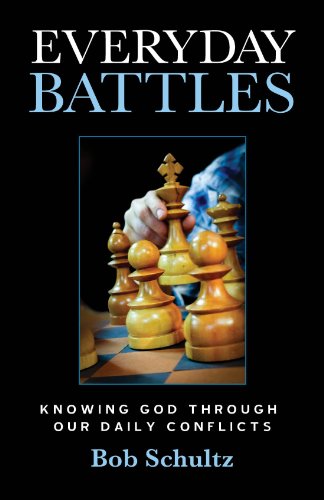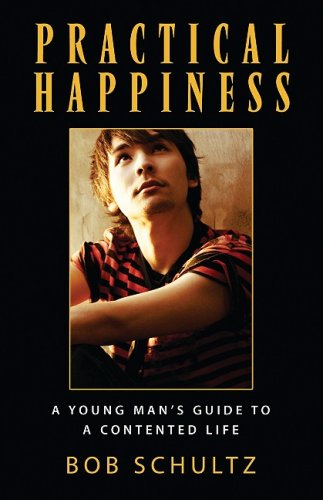Once a child hits 11 or so, the average homeschool mom starts to wonder where all his common sense, self-control, and good habits went. Just when she thought she was getting somewhere and things were going alright, he hits 11 and all momentum seems to be going backward, not forward.
Although I’m no fan of character-building and virtue-training curriculums, there does come a time when a few good books are timely.
The problem, mom of middle school boys, is not necessarily your parenting or your educational choices to date. Just like 3-year-olds are breaking through to a new level of maturity, from toddler to kid, and do break things in the process, 11 and 12 year olds are hitting another break through point that their breaking voices hints at.
The preteen, we moms should remember, has even more dramatic bodily changes happening than the quickly growing 3-year-old. It’s disconcerting for them as well as us.
Part of the transition from child to adult they are going through – dramatically and awkwardly- is making their knowledge, choices, and relationships their own.
So in middle school I begin assigning some reading and narration from Christian living books. These books do not replace biblical studies and theology. Of course neither kind of studies replaces reading straight Scripture, also.
Sometimes we talk about it, but usually I just let it be their reading, praying that God will use it in their heart. I assign it. I check the written narrations. I discuss anything they bring up to discuss, but primarily I want these ideas sown in their hearts and minds from a different voice. It’s a time in their life and development – especially for boys – that mom’s voice and mom’s application can neutralize the effect.
As our children become young adults, they come into their own. That must begin with developing their own conscience apart from mom’s. By reading a few good books and turning it over in their mind through narration, our middle school kids can experience conviction and direction apart from mom and learn to make God’s Word their own rule of faith and life, not because it is their parents’ but because it is also their own.
All this work, of course, is truly the work of the Spirit and not the authors of these books, but it helps to have material to work with in our kids’ minds. Any of these books also make great devotional reading for us as moms as well.
1. Bob Schultz’s books for boys
Everyday Battles: Knowing God Through Our Daily ConflictsPractical Happiness: A Young Man’s Guide to a Contented LifeBoyhood and BeyondCreated for Work: Practical Insights for Young Men
Although these are written for preteen and teen boys, mothers and all ages can benefit from Schultz’s homey wisdom. Each chapter does have questions at the back, but we don’t use those.
Some of my kids just had these books in their reading stacks and they didn’t do anything with them but read. My current 7th grade boy is writing his own narration paragraph after reading a chapter, with 3 per week assigned.
2. Basic Christian Living: A Survey Course on Practical Christianity, Doug Wilson
Basic Christian Living: A Survey Course on Practical Christianity
I have used this workbook in eighth or ninth grade. Workbooks are not my favorite, and it is set up with pretty obvious fill-in-the-blank sections after the reading, but it’s worth it for the clear and direct and brief chapters on very practical topics. Wilson always brings Scripture to bear and makes it clear that God calls us to obedience of His Word in all areas of our life.
3. Ourselves: Our Souls and Bodies, Charlotte Mason
Ourselves (The Home Education Series)
So far I’ve only used Ourselves with my daughter, but it was better than I was expecting from a Victorian moralist. My daughter read one section a week and drew an illustration for it, then at our weekly discussion meeting she’d explain what the section was about and ask any questions she had about it.
Charlotte Mason uses the metaphor of a city to explain the inner workings of our inner selves, which need guards and governance.
4. Being Christian: Who We Are & What We Do in Christ, Jim Wilson
Being Christian: New Devotional Readings
Jim Wilson’s book is thick, but with short and sometimes repetitive chapters, which makes it perfect for spreading out over a semester. As with the Schultz books, I simply added it to the reading stack for my older boys in ninth grade. Next year I will assign it to my daughter in ninth grade as a book to read and to my eighth grade son to read and write a narration for.
Different children need different levels of accountability and different tacts for application.
5. Don’t Waste Your Life, John Piper
Don’t Waste Your Life by John Piper
I think this book is a great set of thoughts to introduce to teen boys, who ought to be spurred on to use their youthful energy for God’s kingdom and not decline into easy sloth, as the Proverbs teach us is normal. It is another book that reminds us that we are not our own, our agenda should be God’s and not ours, our lives are meant to advance the kingdom not personal comfort, and Scripture applies to every area of our lives.
Share your favorites in the comments!
The post Christian Living Books for Middle School appeared first on Simply Convivial.









